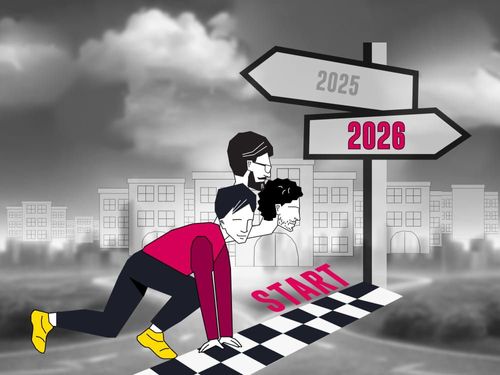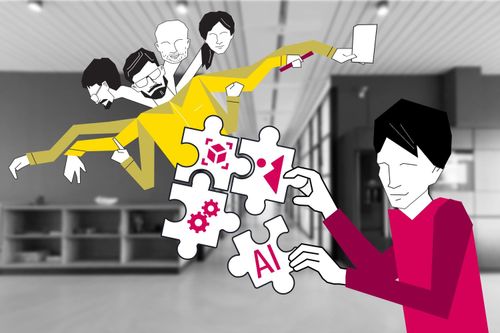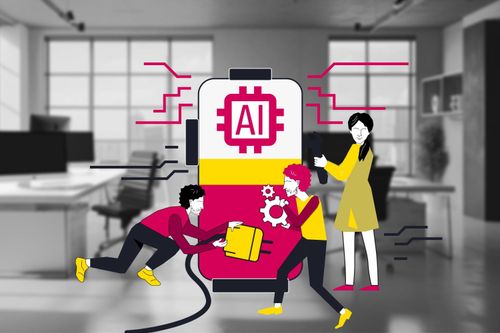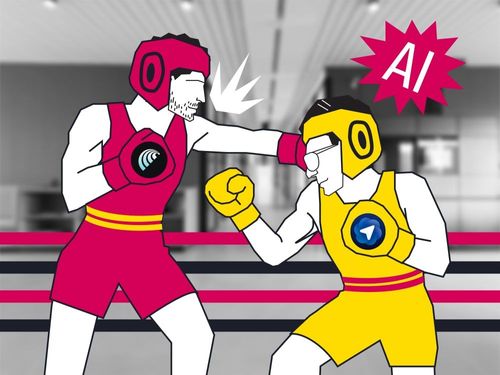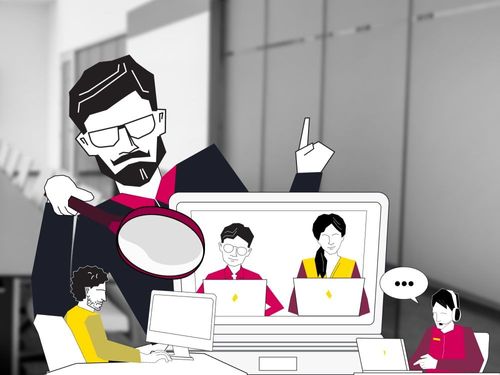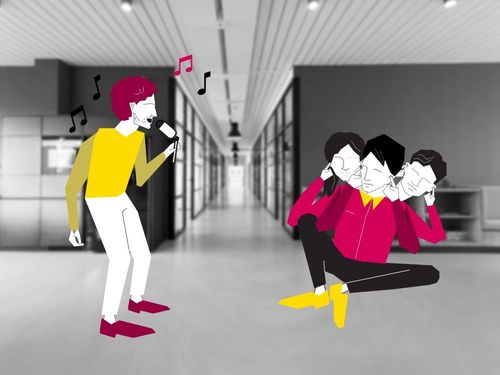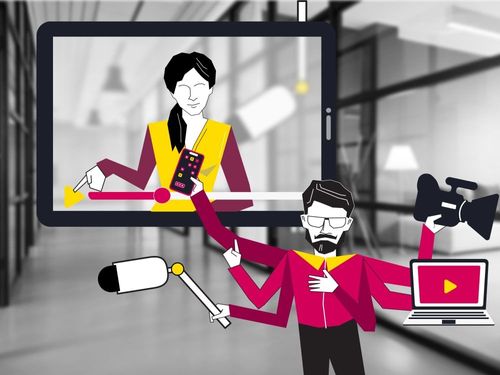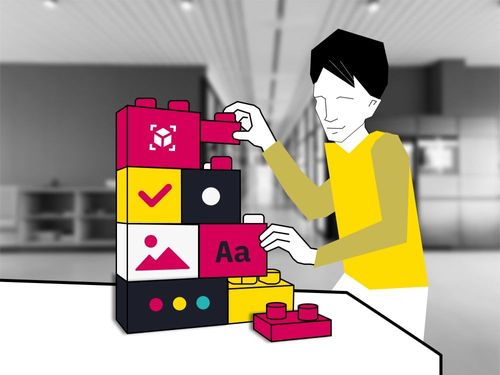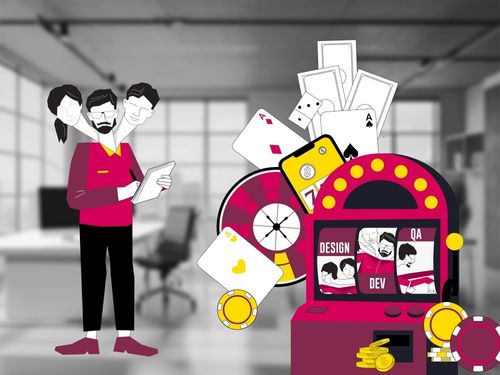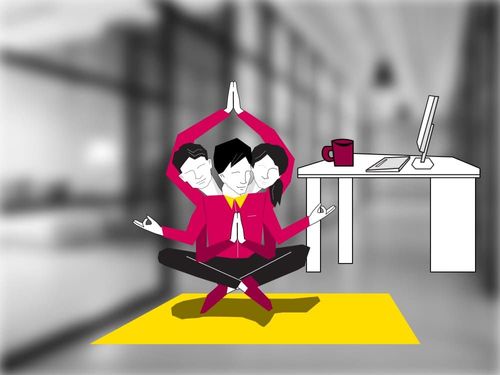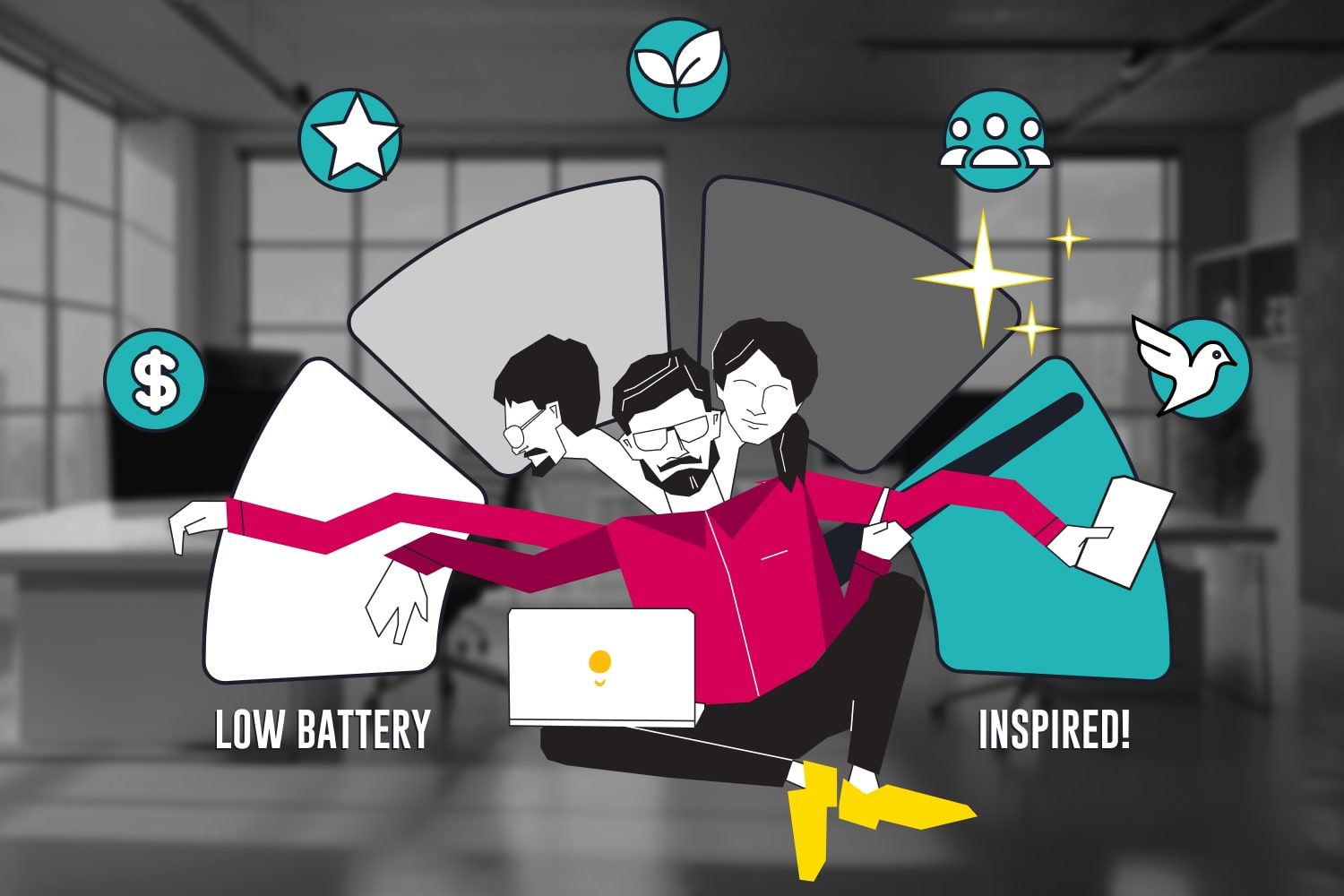
Ever reached a point in your career where everything feels… flat?
Not bad. Not chaotic. Just flat. Like you’re moving, but not really going anywhere.
Why Software Developers Lose Motivation — And How to Reignite Engagement in Your Engineering Team
Software Developers feel this a lot — especially senior engineers and architects.
You climb the ladder, build the systems, ship the features… and suddenly there’s no obvious next step. No roadmap for your own growth. And that “stuck” feeling? It’s one of the biggest silent killers of motivation in tech.
The scariest part is that over 55% of senior developers report feeling stagnant at least once a year. And the main reason they no longer see a path to become more than they already are.
This is why developer motivation matters. And why bonuses alone won’t fix it, as 52% of tech employees feel “psychologically unattached” from their work, even in high-paying jobs.
Let’s break down what really motivates — and what teams can do to build environments worth staying in.
1. Autonomy: The #1 Driver of Software Developer Motivation
Developers don’t thrive under micromanagement. They want to explore, experiment, and even break things.
Autonomy isn’t about “do whatever you want.” It’s about giving people room to think, decide, and create.
The autonomy increases intrinsic motivation by up to 32%—especially for knowledge workers like engineers (Harvard Business Review notes).
Practical ways to boost autonomy:
- Let devs design architecture, not just implement it.
- Rotate responsibility for sprint demos or architecture reviews.
- Allow flexible work hours; developers often work best in flow-based, non-linear time blocks.
- Let them push back on specs (yes, even to product).
When people feel trusted, they act like owners—not task executors.
2. Mastery: The Real Driver Behind Long-Term Engagement
Developers are wired to learn. There is no secret that they lose motivation when they stop growing. 69% of software developers say learning opportunities matter more than bonuses (JetBrains 2024 report).
If you heard “I’m not learning anything new,” it is a red flag. The boredom leads to burnout faster than deadlines do.
- Sponsor courses, certifications, and conference tickets.
- Create internal tech talks, guilds, or “mini academies.”
- Encourage cross-training (backend → DevOps, mobile → backend, etc.).
- Launch mentorship loops (senior ↔ mid-level ↔ junior).
One more brilliant idea is “pet project” — side projects with purpose.
A pet project small, continuous side initiative that lets developers explore new technologies without deadlines:
Examples:
- AI-powered refactoring assistant.
- Dedicated CI bot for flaky test detection.
- A small internal game built for fun.
- AI-based system health predictor.
- Auto-documentation generator.
- ChatGPT-based knowledge base for onboarding.
These make work feel alive again. Not repetitive. Not mechanical.
3. Purpose: Developers Want Work That Actually Matters
Developers do want to know the sense behind the tickets. It makes sense for them to know:
- Why does this feature matter?
- Who does it help?
- Why does this work matter?
When they understand the purpose, motivation for software developers increases by nearly 40% (Deloitte research).
As a leader, always connect code to outcomes. Share user feedback.
Show metrics after a release. Explain how a feature affects revenue or customer satisfaction.
Purpose moves engineers from “doing tasks” to building something meaningful.
4. Belonging: Culture Is Not a Luxury—It’s a Retention Strategy
Remote teams break easily. Not because of distance — because of silence. Remote employees with strong team bonds are 50% more productive and 70% more likely to stay (Microsoft Work Trend).
Without casual conversations, you lose connection. Without connection, you lose empathy. Without empathy, you lose motivation.
Build micro-moments of belonging:
- Random 15-minute donut chats.
- Cross-team pair programming.
- Fun activities (Alias, Crocodile, online pictionary)
- Shared activities (fitness, meditation, language clubs).
- Memes. Lots of memes.
These aren’t “nice extras.” They’re psychological stability anchors.
5. Recognition: The Most Underrated Motivator in Tech
Recognition is not only about prizes. Sometimes just words are enough.
“Your code refactoring saved us 4 hours.” “Great catch during code review.” “You handled that incident like a pro.”
Team kudos at meetings, small notes may have a great impact.
Teams that share weekly recognition see a 31% improvement in engagement (According to CultureAmp).
Developers want to feel seen—not monitored.
6. Innovation Challenges: Give Developers a Playground
AI become a powerful toll in devs motivation. According to GitHub research:
Developers using AI tools report less frustration
88% say AI helps them get into "flow state" faster
60% feel more motivated because repetitive tasks disappear
When AI takes on the boring stuff—boilerplate, documentation, bug triage—developers can focus on creativity and problem-solving.
Add some AI Implementation Sprints. For ex., every quarter, give developers a 1-week sprint to build an AI-based improvement:
- AI QA assistant
- AI-driven log analyzer
- ML-based error prediction
- Automated documentation
- AI customer chat agent
This mixes creativity, learning, and impact.
“Fix the Pain” Weeks
Let the devs choose the most annoying internal issue and… fix it.
Tech debt melts. Morale rises.
Research Fridays
Half-days dedicated to research: tools, patterns, cloud tricks, new stacks.
7. Psychological Safety: The Secret Weapon of High-Performing Teams
How to stay motivated as a software developer often comes down to creating the right environment.
Developers stay motivated when they:
- can ask “why?” without fear
- can fail without punishment
- can propose ideas freely
- can challenge assumptions
- can say “I don’t know” comfortably
Google’s Project Aristotle found that psychological safety is the #1 predictor of team performance.
8. Support: Developers Grow as People, Not Just Professionals
Sometimes, software developers don’t need another Udemy course or a new certification. What they really need is support—the kind that helps them deal with stress, pressure, growth, and the bigger question: “Who am I becoming as a professional?”
Offer:
- Let developers temporarily try other roles. This is not about switching careers. It’s about empathy—and nothing motivates a developer more than understanding how their decisions impact the whole product chain.
career coaching - 1:1 leadership mentoring.
- activity with social impact (pro bono website/app development for NGOs, organizing charity events, planting trees, and blood donation challenges)
learning budgets for anything (not just tech)
Money, bonuses, and perks attract developers. Growth, purpose, autonomy, and community keep them.
And here’s the truth: Motivation isn’t built by one big initiative. It’s shaped by dozens of small decisions made every week.
What’s one thing you think actually motivates developers beyond bonuses?
We’d love to hear your perspective.

